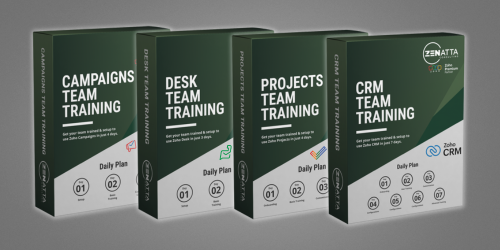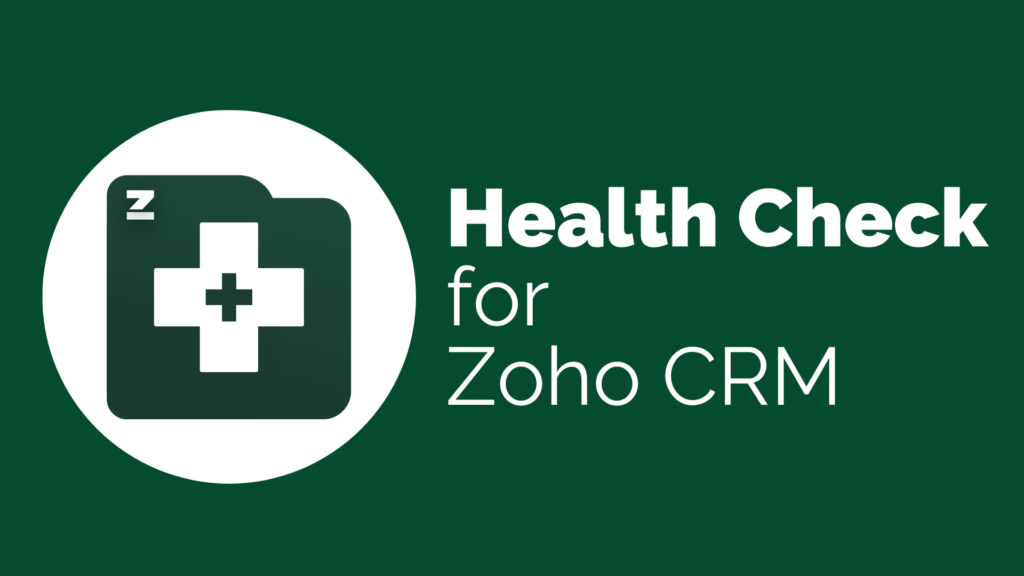By now, most of us have heard about the upcoming changes by Gmail and Yahoo. And I think most of us can agree that robust email authentication is necessary to combat phishing and spam. These requirements involve three key technologies: SPF, DKIM, and DMARC. For those of us who don’t know what all this terminology means or how these updates will affect us, here is the breakdown of everything you need to know.
- SPF (Sender Policy Framework): This protocol validates emails by confirming they are sent from an authorized domain. It’s crucial for preventing email spoofing and ensuring that the sending domain is legitimate.
- DKIM (DomainKeys Identified Mail): DKIM adds a digital signature to each email, which verifies its authenticity and integrity. This signature ensures the email content remains unaltered from its original state, providing an additional layer of trust.
- DMARC (Domain-based Message Authentication, Reporting, and Conformance): DMARC works in conjunction with SPF and DKIM to provide a comprehensive email authentication strategy. It allows domain owners to specify how email receivers should handle emails that don’t meet SPF or DKIM requirements, such as sending them to spam or rejecting them outright.
These protocols collectively ensure that emails are not only sent from a legitimate source but also maintain their integrity while in transit. Implementing these measures is essential for any organization that wants to maintain a strong sender reputation and ensure their emails reach their intended recipients.
Easy Unsubscribe Options
One of the highlights of the new policy is the mandate for easy unsubscribe options in emails. This change is aimed at enhancing user experience and reducing spam complaints:
- One-Click Unsubscribe: Bulk emails must now support one-click unsubscribes in their headers. This feature makes it significantly easier for recipients to opt out of unwanted communications.
- Zoho Tip: Add this to your templates, or use the Bookmark feature in Zoho Campaigns to create a custom header with this option.
- Prompt Unsubscribe Action: Once a user chooses to unsubscribe, the action must be honored within 48 hours. This swift response is crucial in maintaining user trust and reducing spam complaints. This is automatically taken care of by Zoho.
By making it easier for users to unsubscribe, organizations can ensure a cleaner, more engaged email list, which ultimately benefits both the sender and the recipient.
Spam Complaints Management
The new policy updates place a strong emphasis on managing and reducing spam complaints. This is crucial for maintaining good deliverability and sender reputation:
- Lower Threshold for Spam Complaints: Maintaining a spam complaint rate below 0.1% is vital. Exceeding a 0.3% threshold can significantly affect deliverability.
- Best Practices for Reducing Spam: Organizations should focus on clear communication with their subscribers, encouraging them to unsubscribe rather than marking emails as spam, regularly cleaning their email lists, and sending relevant, personalized content. Using subdomains can still help protect your main domain.
Proactive management of spam complaints involves not just technical measures but also a strategic approach to email content and audience engagement.
Gradual Enforcement of the New Policies
The enforcement of these new requirements by Gmail and Yahoo will be gradual, providing organizations time to adapt:
- Staggered Implementation: Starting from February 2024, non-compliant senders may initially experience only temporary delays in email delivery, which could escalate to more severe penalties over time.
- Compliance Timeline: The timeline for full compliance might evolve, as these platforms may update their requirements or extend deadlines to ensure widespread adherence.
This needs to be set up in EACH Zoho application you send emails from. Simply do a settings search for Email Deliverability or Email Authentication and go through the proper steps to verify your email. Each product should have a support article to help walk you through the process.
Broad Impact on All Email Senders
It’s important to note that these updates are not limited to bulk email senders alone:
- Applicability to All Senders: Even organizations sending fewer than 5,000 emails per day are encouraged to comply with these requirements, as the guidelines aim to improve email security and integrity across the board.
- Universal Best Practices: Adoption of these protocols is considered a best practice in email communication, regardless of the size of the sender.
Compliance with these standards is not just about avoiding penalties; it’s about upholding a standard of email communication that benefits the entire digital ecosystem.
By understanding and implementing these changes, organizations can ensure their email communications are secure, trusted, and effective. The upcoming Gmail and Yahoo policy updates are not just regulatory requirements; they represent a shift towards a more secure and user-friendly email environment.









